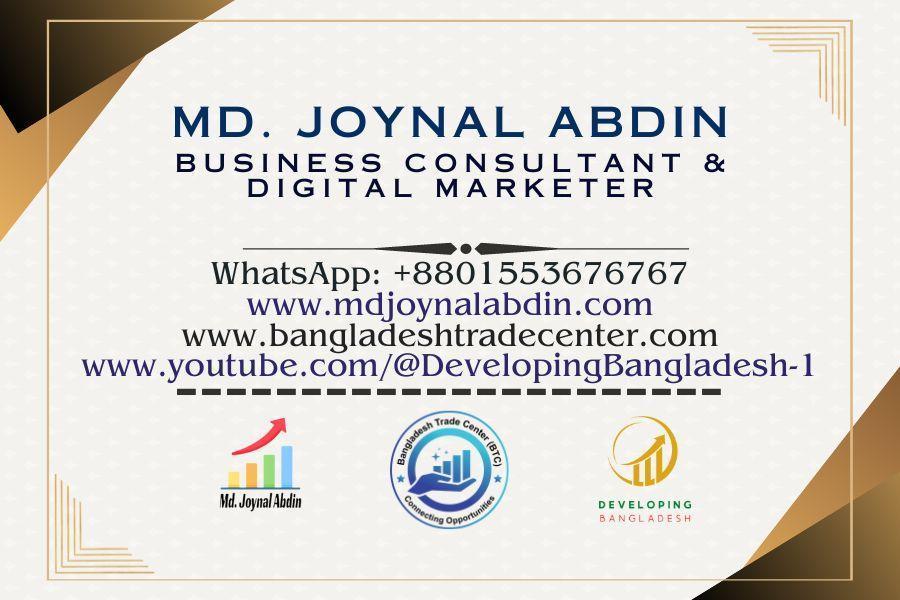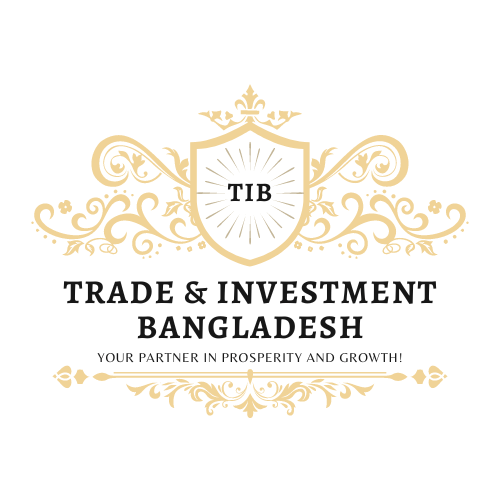The Impact of Business Consulting on SMEs
The Impact of Business Consulting on SMEs Md. Joynal Abdin, BBA (Hon.), MBA Founder & CEO, Trade & Investment Bangladesh Secretary General, Brazil Bangladesh Chamber of Commerce & Industry (BBCCI) Small and Medium Enterprises (SMEs) are the backbone…
Read More


![Business Consultants in Strategic Planning for Small Businesses [Part-2]](https://bangladeshtradecenter.com/wp-content/uploads/2023/07/Business-Consultant-Digital-Marketer.jpg)


 by
by